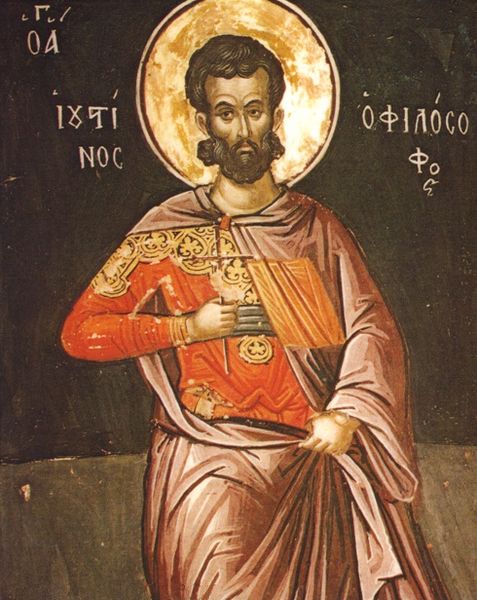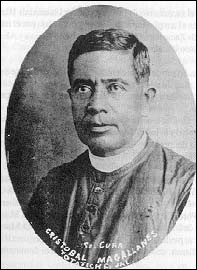 *
*However, it was not enough for him. He saw the need for more than what reason could give him. He needed Revelation. St. Justin was the first Christian philosopher and used philosophy to help understand Christian concepts, such as how God “must be everlasting, ineffable (His reality cannot be adequately expressed”, nameless, changeless, impassible (He cannot be affected from outside Himself), and without origin—the Creator of all that is.” These Greek ideas matched the God of Scriptures. He wrote many apologies, or defenses, of Christianity and taught that “Jesus was the ultimate philosopher, and he believed that all truth is one, hence all truth is the truth of God,” predating St. Thomas Aquinas’s teachings about truth by a millennium.
St. Justin Martyr was martyred during the reign of Marcus Aurelius, a philosopher as well as emperor, around the year 165 because he would not deny “Truth”. St. Justin used reason and Revelation together, using reason to lead to Revelation and then to help explain Revelation. Many people today think of Christianity as mindless and antagonistic to reason. Nothing could be further from the “Truth,” who is Jesus Christ.
*https://commons.wikimedia.org/wiki/File:Saint_Justin_Martyr_by_Theophanes_the_Cretan.jpg
 *
* *
*